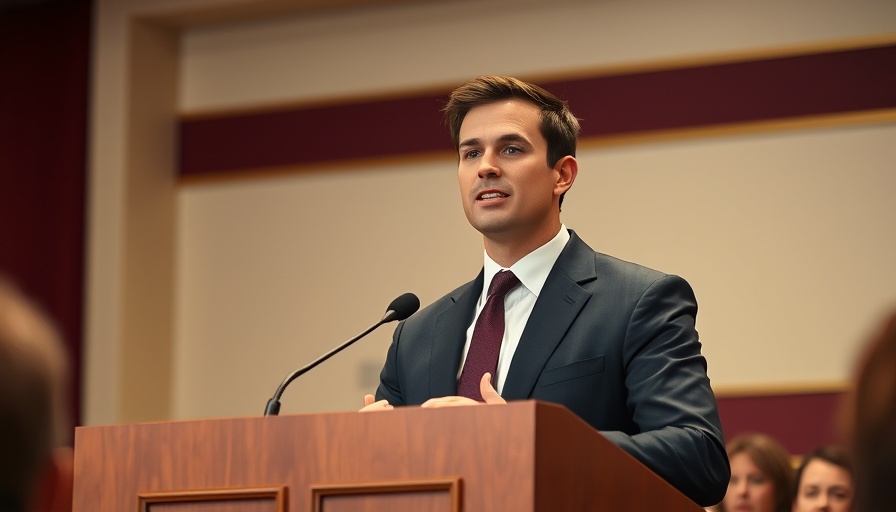
Colonial Replicas Spark Widespread Controversy
As the Caribbean continues to grapple with its colonial past, calls for the removal of colonial relics gain momentum. St. Vincent and the Grenadines' Minister of Economic Planning, Camillo Gonsalves, recently highlighted the urgent need for change during an African Liberation Day speech. He emphasized a growing awareness among the populace regarding the impact of colonial names on their cultural identity.
The Slow Shift Toward Decolonization
Across the Caribbean, similar sentiments echo through nations like Barbados and Trinidad, where colonial symbols are being methodically dismantled. Barbados made headlines in 2020 by removing the statue of Lord Horatio Nelson, a decision that reflected strides toward full independence from British influence. This strategic act was not just about removing a statue; it was a declaration of a new identity.
Diverse Perspectives on Historical Symbols
Interestingly, the removal of these relics isn't without contention. Many view these actions as a necessary cleansing of remnants that perpetuate outdated colonial narratives, while others see them as erasing history. The debate is frenetic as local constituents wrestle with the emotional significance of these symbols and what they represent.
A Gradual Process of Cultural Reclamation
Minister Gonsalves suggests a gradual phase-out, acknowledging that while immediate changes to street names and public monuments are complex, the movement toward reclaiming cultural identity is an essential dialogue. It encompasses a broader understanding of who the Caribbean people are in the context of their history.
Conclusion: Embracing a New National Identity
The continued discussions surrounding colonial-era relics indicate a cultural awakening. The need to reflect on the past has instigated a dynamic shift in national consciousness. The path to reimagining public spaces is more than cosmetic; it’s fundamentally about creating a society that honors its true history.
 Add Row
Add Row  Add
Add 




 Add Row
Add Row  Add
Add 


Write A Comment